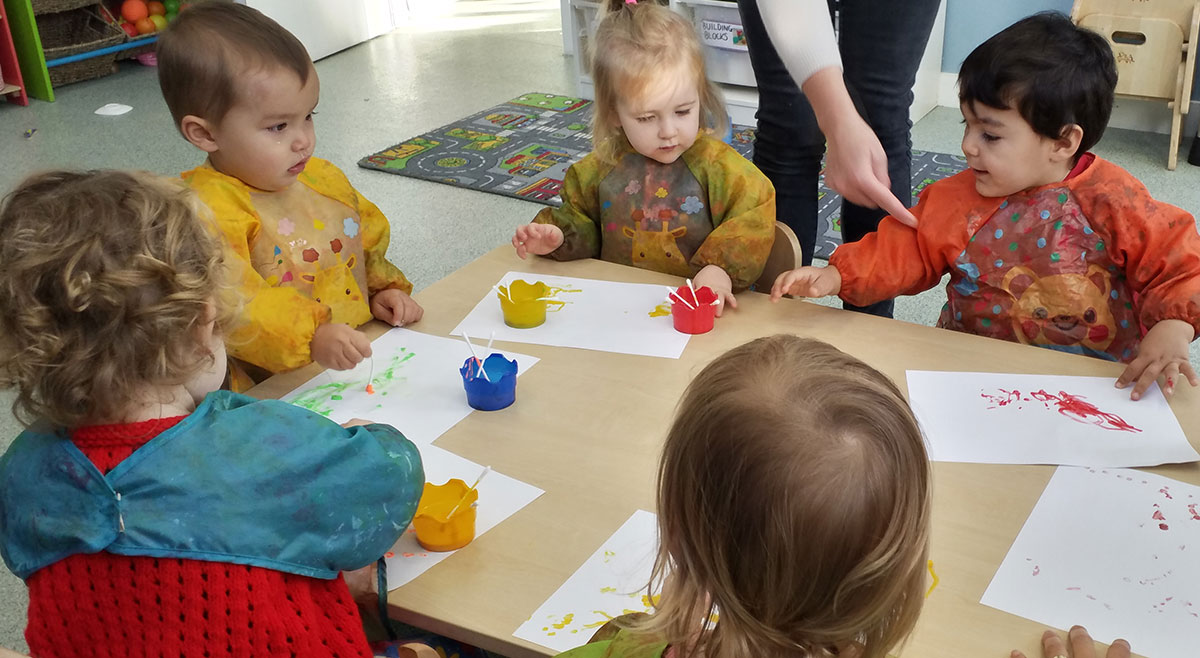Natasha Webley
Developing social skills at an early age in children is vital in teaching them how to communicate with other children and adults. This in turn helps them develop the skills they need to form relationships and communicate, later in life.
One important tool is turn-taking. Here at Willows we promote and encourage the children to take turns in every aspect of the day. This could be when they are playing, lining up, serving food, or doing any other task. Waiting and responding are crucial in helping them learn how to communicate and be fair with others. We use both adult and child-led activities, both of which are equally important. Children model behavior, therefore, the adult-led activities teach them how to interact with, play and take turns whilst at nursery. The child-led activities allow them to put into practice what they have seen, encouraging them to develop their own set of social skills.
Some other good ways for children to develop their social skills are through messy play, board games, and role play. Role play allows children to act out different scenarios, play freely with their peers and have fun. It is a good opportunity for the teacher to observe each child’s social skills, allowing them to plan activities/next steps to help support some of these skills. Board games encourage turn-taking and conversation between the children. Messy play allows freedom for the child to explore different materials and talk about them with their peers and adults. It is a great activity to encourage interaction.
Another great way for children to interact and share ideas is through reading. If it is a teacher-led story, the children can ask questions throughout the story and engage with the adult. If it is a child-led story, they are able to explain and discuss the topic at their own pace. It gives the other children a chance to ask questions and to comment, resulting in the child engaging in conversation with peers.
Values, behaviors, and social role/family definitely plays a huge part in how children view the world around them. It is important that nursery staff and parents/guardians continuously liaise in order to give consistent support to the child. This is especially important for those children with EAL. For those children whose first language is not English, it can be incredibly difficult for them to communicate and be sociable with their peers as well as with the teachers. At Willows we have a range of trained professionals from various different countries, bringing with them very valuable skills. Alongside this, we have a collection of books, puzzles, and activities in various languages. We also promote the use of English, in order to help the child better understand their surroundings and conversations, whilst encouraging them to speak and teach others their native tongue.



